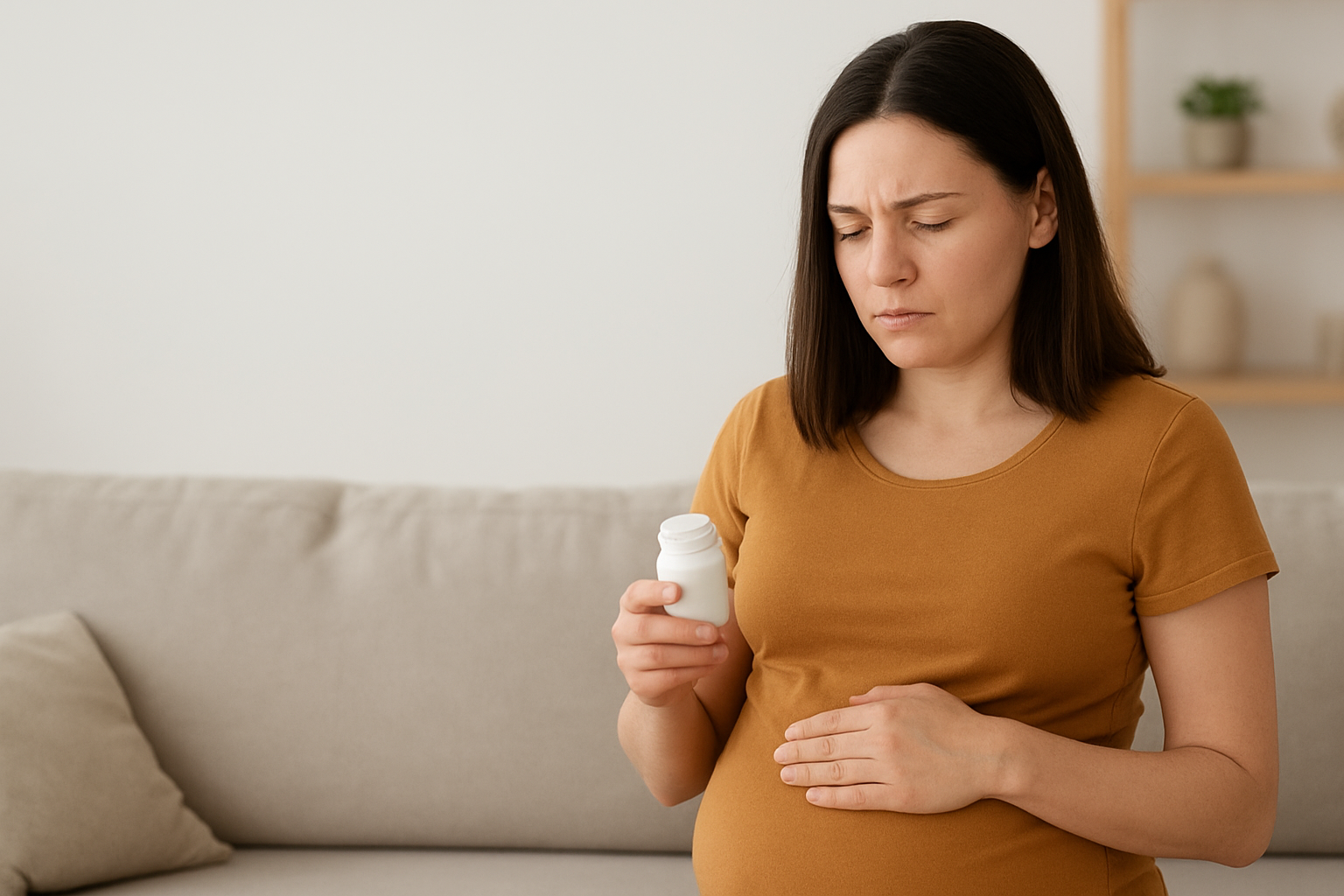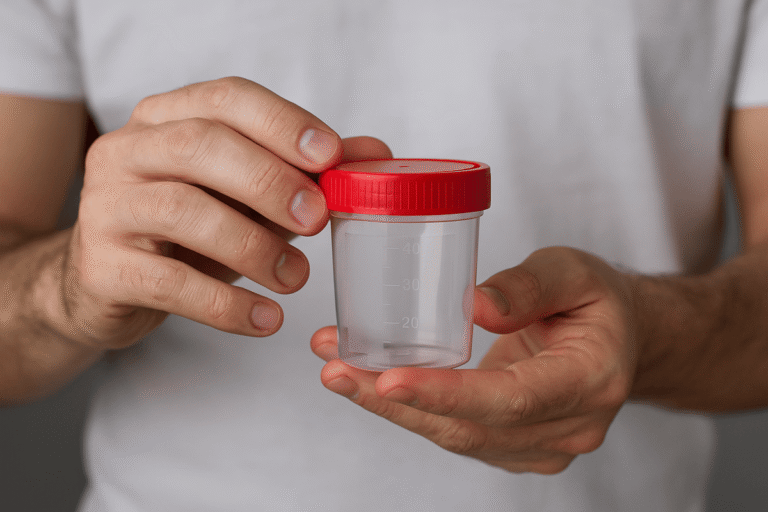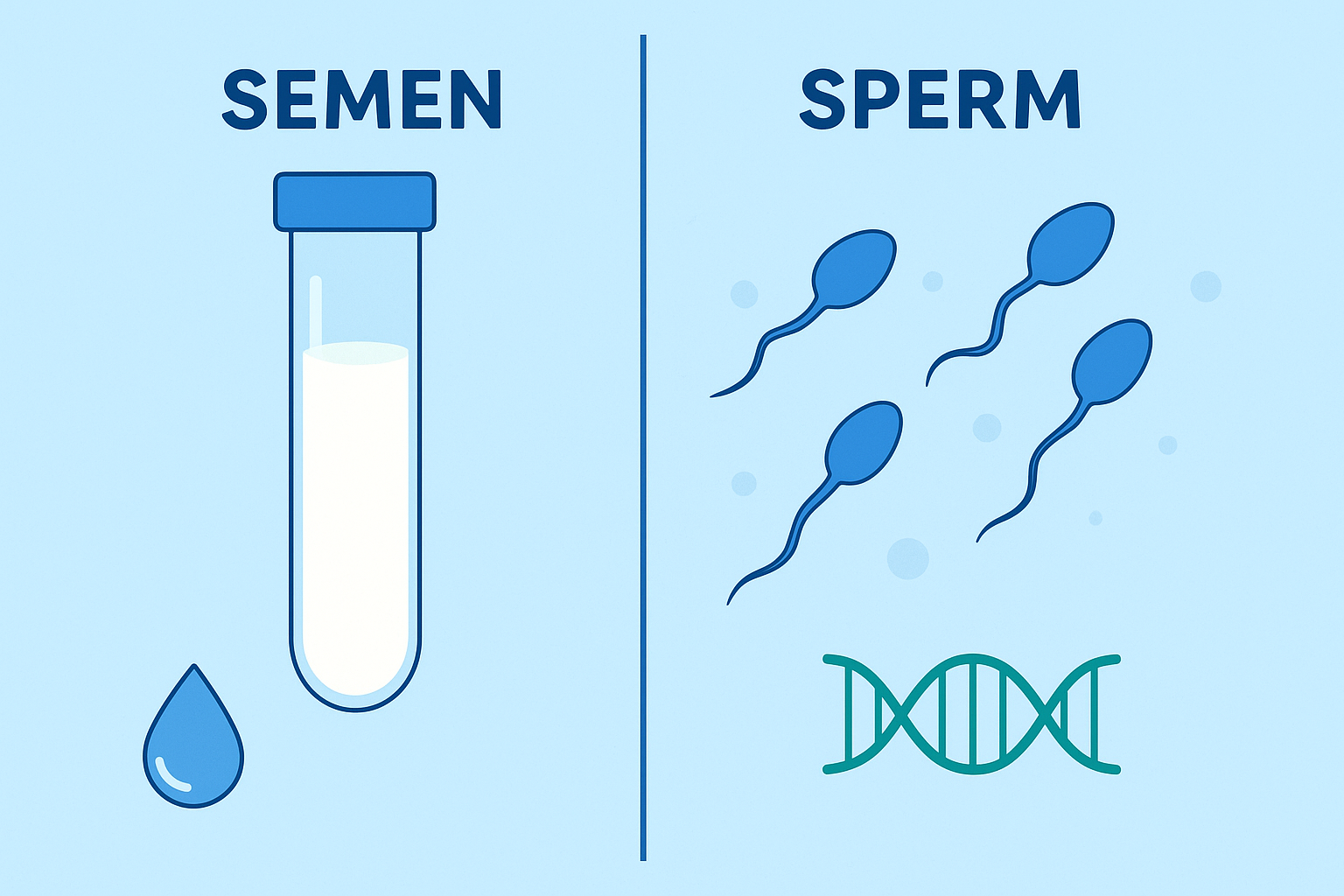Pregnancy is one of those rare life chapters where excitement and worry walk hand-in-hand. You’re dreaming about meeting your little one, but at the same time, you’re hit with endless advice and rules—some backed by science, some just old wives’ tales. No alcohol. Skip certain seafood. Avoid hot tubs (even though a soak sounds amazing).
And if you live with ADHD, there’s often another big question hanging over your head: What about my medication?
For many, that medication is Adderall—a prescription stimulant that can be a game changer for focus, productivity, and daily life. But when you’re pregnant, the conversation around Adderall gets complicated. Let’s unpack what the experts know, what they don’t, and the options you might have if you’re expecting.
Also read: If You’re Trying to Conceive, Using the Right Lube Is Key
What Exactly Is Adderall?
Adderall combines two active ingredients—amphetamine and dextroamphetamine—that stimulate the central nervous system. By boosting certain brain chemicals (dopamine and norepinephrine), it helps regulate attention, reduce impulsivity, and improve focus.
For many people with ADHD, it’s like finally having a mental filter. Tasks get finished. Thoughts stay on track. Life feels manageable. Adderall is also prescribed for narcolepsy, helping people stay awake and alert.
Of course, it’s not without downsides. Even outside of pregnancy, possible side effects include:
- Faster heart rate or higher blood pressure
- Trouble sleeping
- Loss of appetite and weight loss
- Restlessness or jitteriness
- Cold hands or feet
- Potential for dependency or misuse
Now add pregnancy into the mix, and doctors become understandably cautious.
Why Doctors Hesitate to Prescribe Adderall During Pregnancy
In most cases, medical professionals recommend avoiding Adderall when you’re expecting. It’s not because it’s “evil” or “poisonous”—it”’s because the potential risks to you and your baby might outweigh the benefits.
Adderall is a strong stimulant, and it can:
- Raise blood pressure and heart rate
- Increase the risk of premature birth
- Lower a baby’s birth weight
- Trigger withdrawal-like symptoms in newborns (irritability, poor feeding, excessive sleepiness)
Still, medicine isn’t black and white. Dr Sherry A. Ross, an OB-GYN, points out that there are rare cases where continuing Adderall might be the safer option:
“If a pregnant woman’s ADHD is so severe that she can’t care for herself or her baby without it, the benefits might outweigh the risks.”
In such cases, the pregnancy would be monitored more closely with extra checkups and scans.
Also read: Are Weight Loss Medications Like Ozempic Safe During Pregnancy?
The Research (And Why There’s Still So Much We Don’t Know)
You’d think we’d have a clear answer by now. But studying the effects of medications on pregnant women is tricky—nobody wants to intentionally expose expectant mothers to potential harm.
Here’s what’s known so far:
- Animal studies suggest a slightly higher risk of certain birth defects, especially involving limbs or the digestive tract.
- Human studies are mixed—some link Adderall to low birth weight and early delivery, while others find no major negative outcomes.
- A 2019 review concluded that evidence is still too limited to say for sure, but it didn’t find a strong link between prescribed Adderall and severe pregnancy complications.
There’s no slam-dunk proof that Adderall will harm your baby, but there’s also no guarantee that it won’t. That’s why most doctors lean toward caution.
Possible Risks to the Baby
If Adderall is taken during pregnancy, doctors worry about:
- Premature birth – which can affect a baby’s breathing, feeding, and development.
- Low birth weight – linked to various health challenges in early life.
- Newborn withdrawal – symptoms can include fussiness, trouble feeding, unusual sleep patterns, and slowed growth.
Not every baby will have these issues, but the “what if” factor is enough to make many parents pause.
What to Do If You’re Already Pregnant and Taking Adderall
First rule: Don’t stop cold turkey without talking to your doctor. Quitting suddenly can cause extreme fatigue, depression, and a sudden return of ADHD symptoms, none of which are great for you or your pregnancy.
Your healthcare provider may suggest:
- Slowly reducing your dosage
- Switching to a safer alternative
- Adding therapy or lifestyle changes to help manage symptoms
- Increasing prenatal monitoring to check on your baby’s growth
Safer ADHD Management Options During Pregnancy
If Adderall is off the table, you still have tools to manage your symptoms:
- Therapy & Coaching – Cognitive behavioural therapy (CBT) and ADHD coaching can help you create routines, manage time, and reduce mental clutter.
- Mindfulness Practices – Meditation, yoga, and deep breathing exercises may improve focus and emotional regulation.
- Gentle Exercise – Walking, swimming, and prenatal yoga can help improve mood, reduce restlessness, and sharpen concentration.
- Structured Routines – Using planners, reminders, and set schedules can take some pressure off your working memory.
- Non-Stimulant Medications – In some cases, certain antidepressants may be an option, but only under your doctor’s guidance.
Trying to Conceive While on Adderall
Some women wonder if Adderall might help or hurt their chances of getting pregnant. While there’s no strong evidence it boosts fertility, animal studies suggest stimulants could lower reproductive success.
That’s why many doctors recommend stopping Adderall before trying to conceive—unless your symptoms are severe enough that the benefits outweigh the risks.
Also read: Coffee During Pregnancy
Key Takeaway
Adderall is a powerful tool for managing ADHD, but during pregnancy, it comes with unanswered questions and potential risks. Most healthcare providers recommend avoiding it unless your ADHD symptoms are so intense that going without would cause more harm than good.
If you’re pregnant or planning to be the safest move is to:
- Have an honest conversation with your doctor
- Weigh the benefits against the risks
- Explore therapy, lifestyle changes, and non-stimulant options
- Ensure close prenatal monitoring if continuing medication
Every pregnancy is unique, and so is every ADHD journey. The goal isn’t just a healthy baby, it’s a healthy, supported you.




